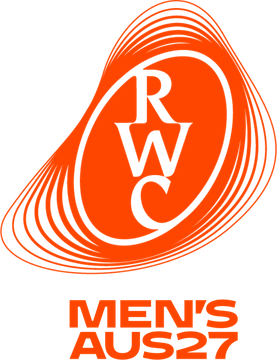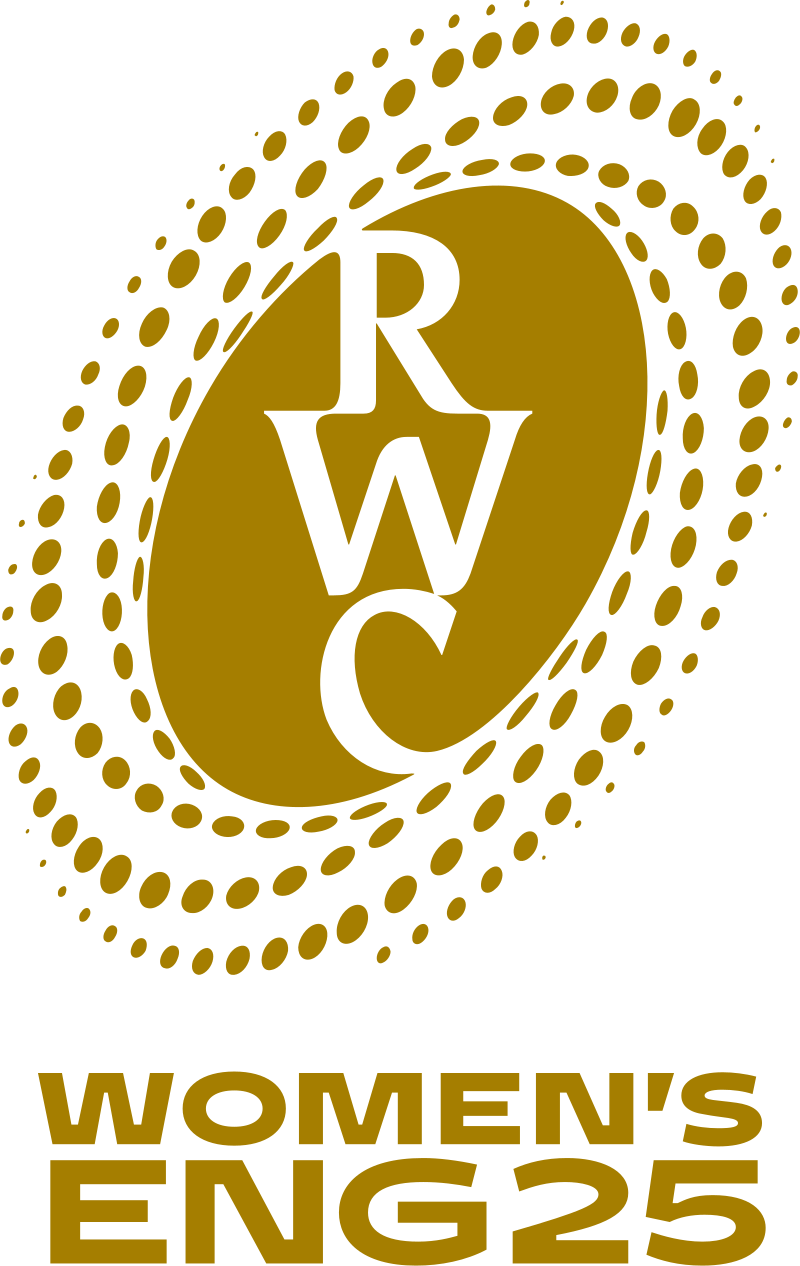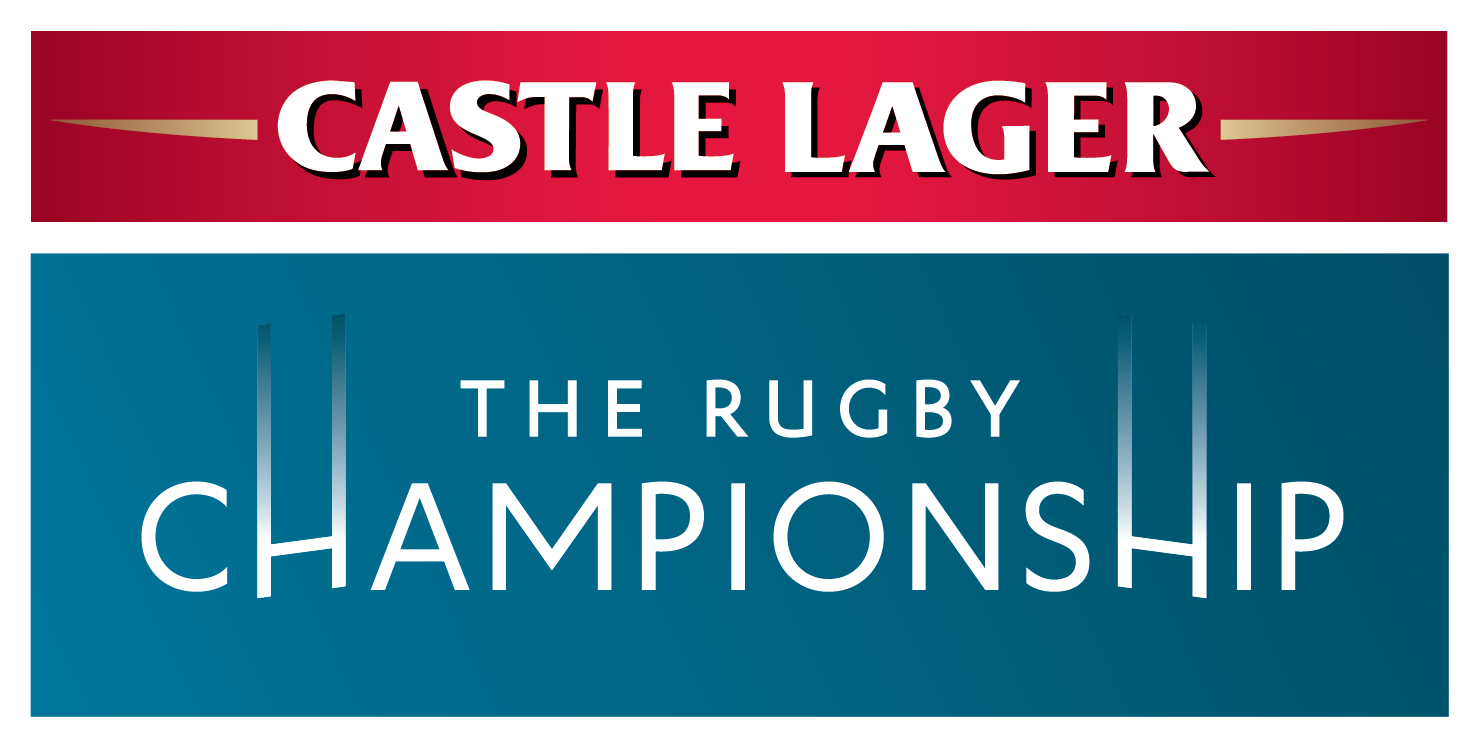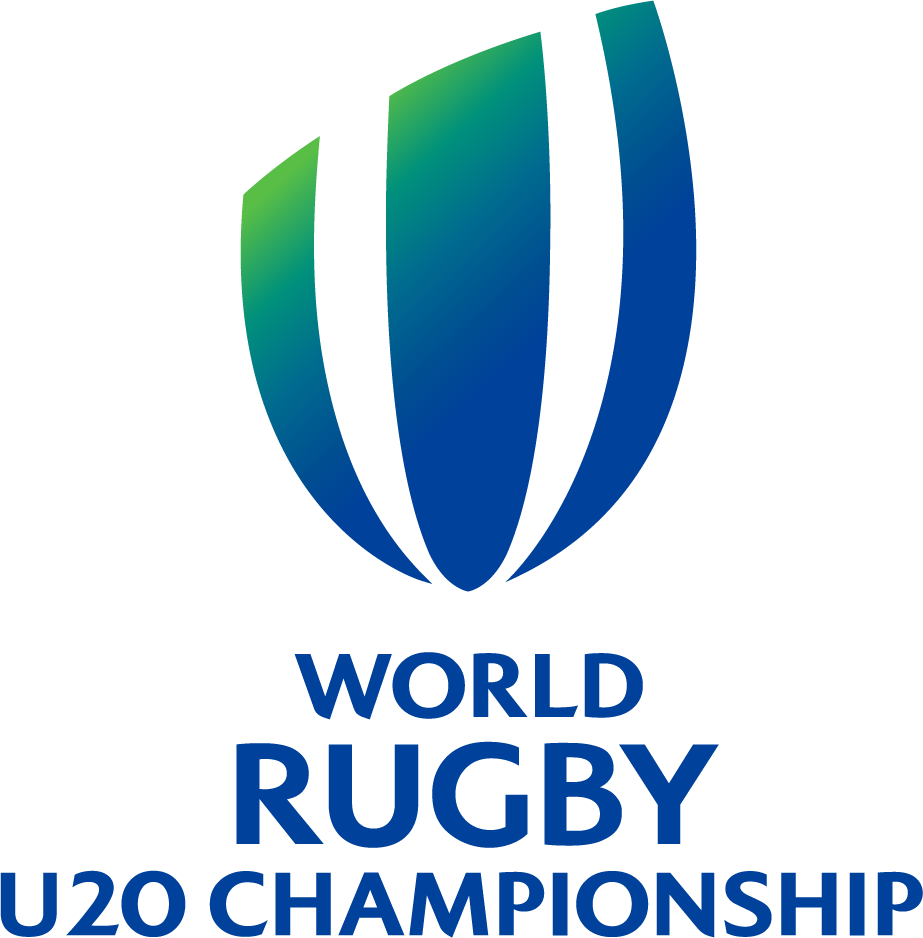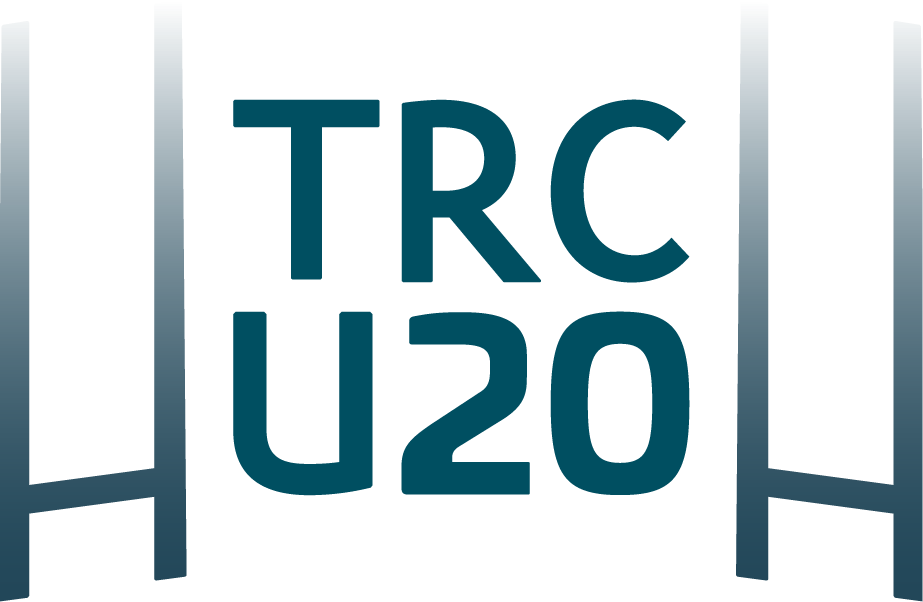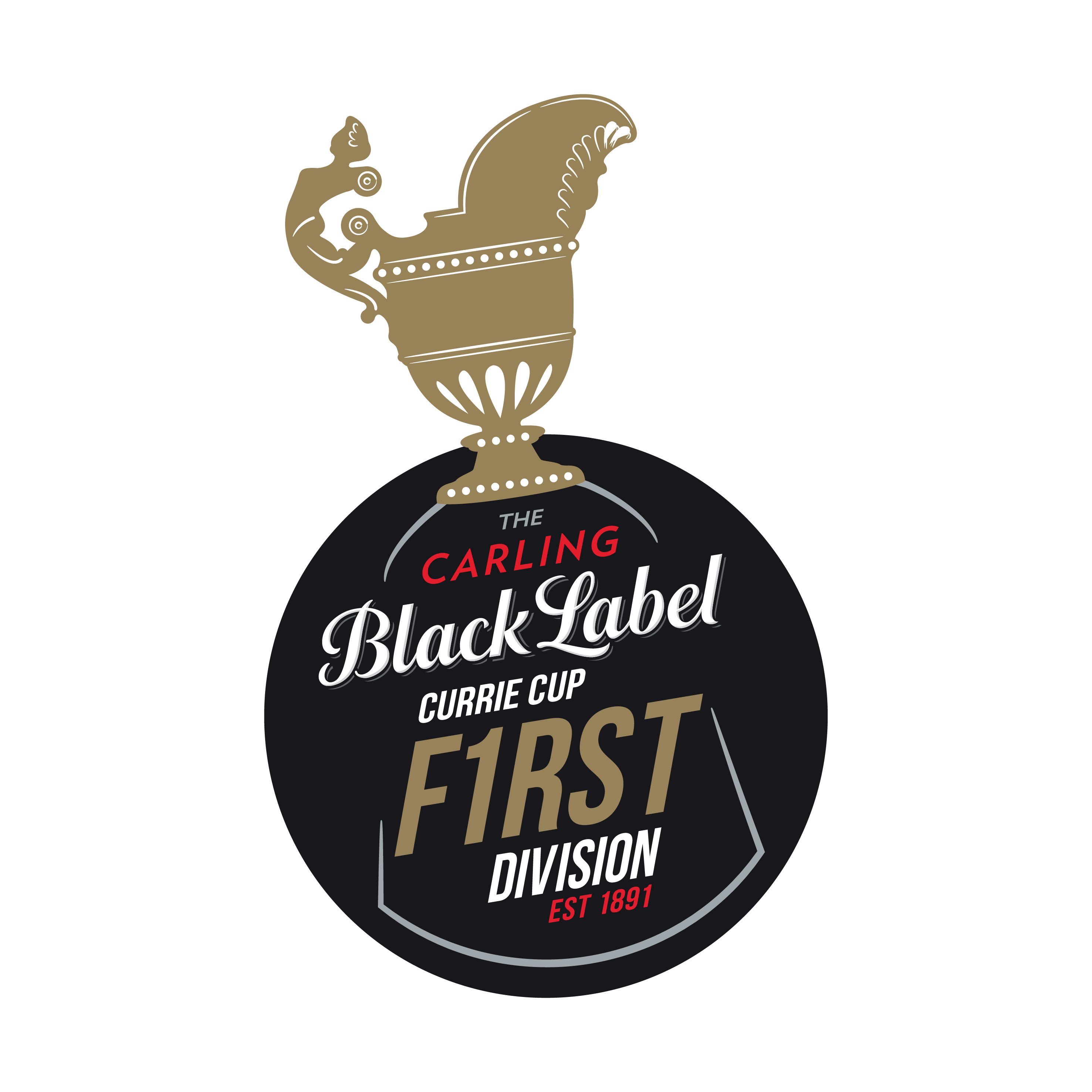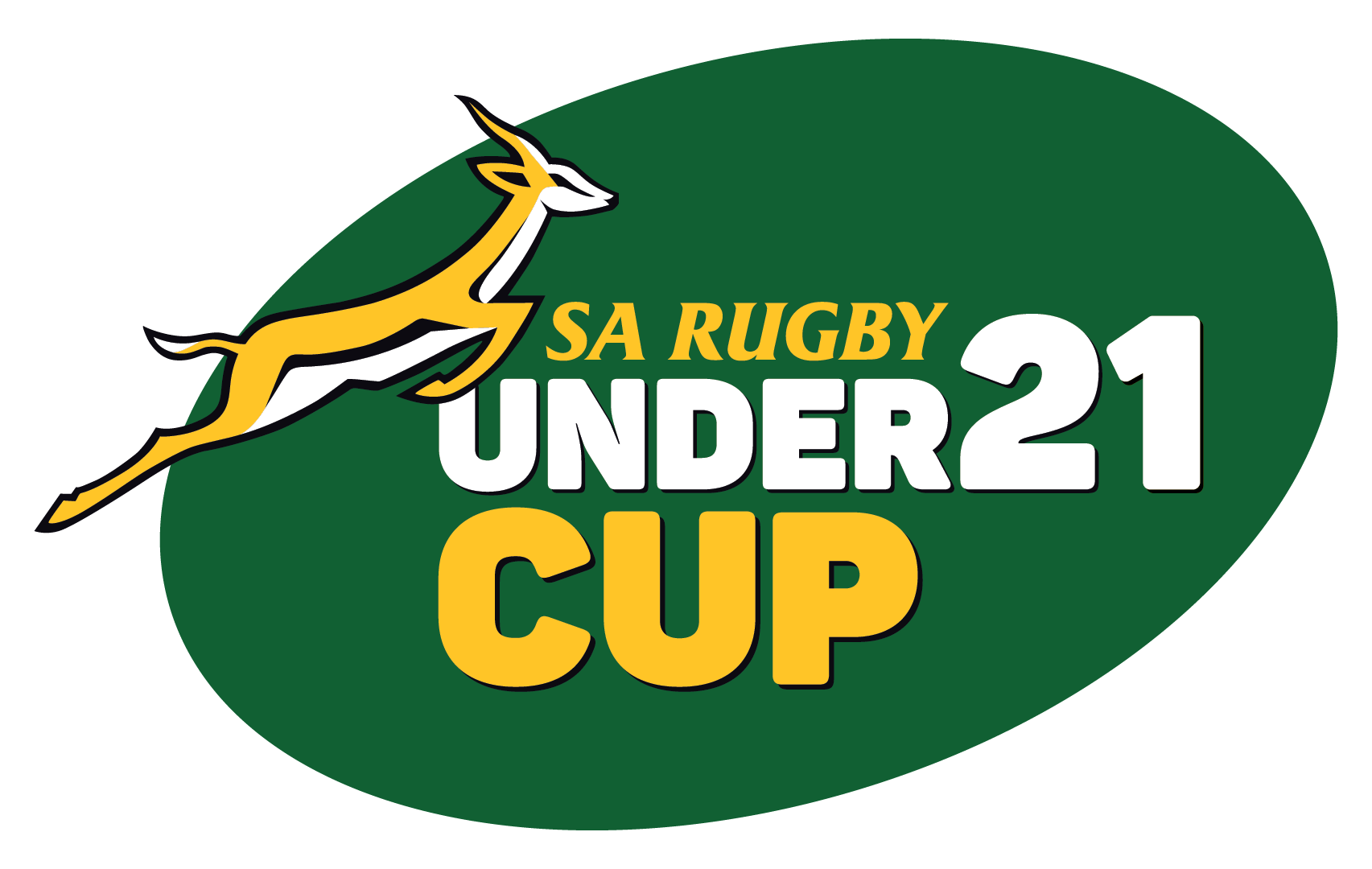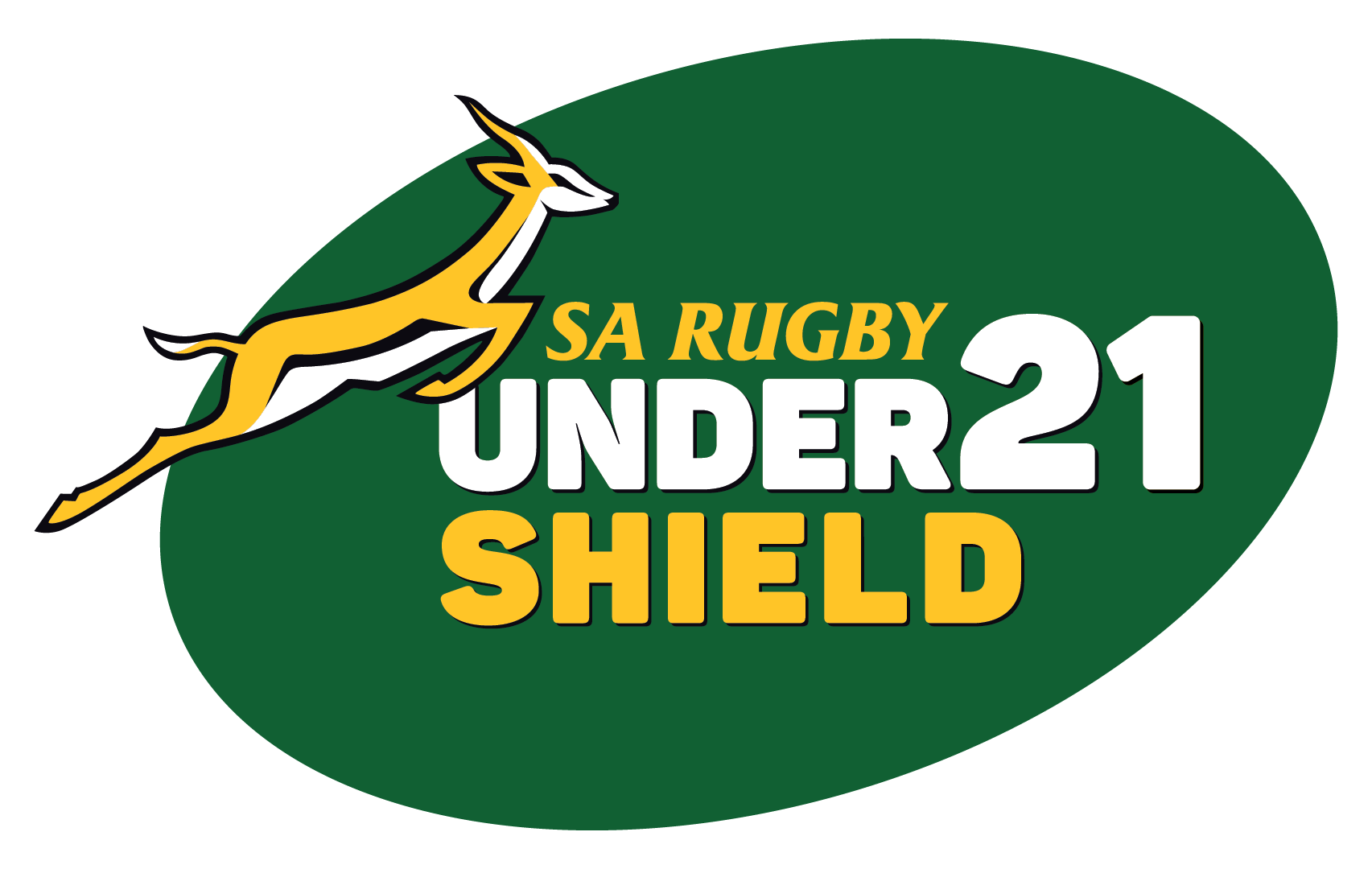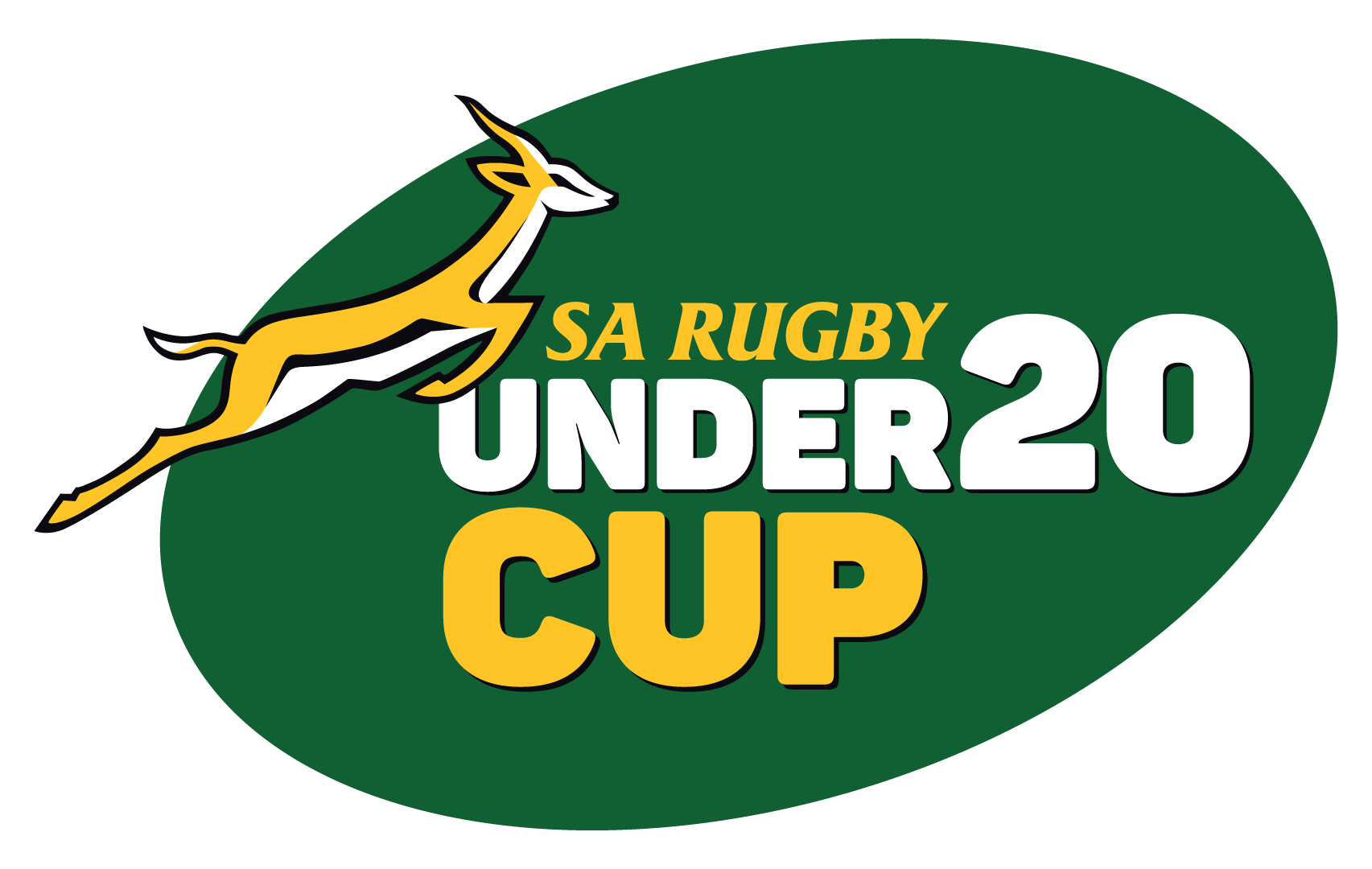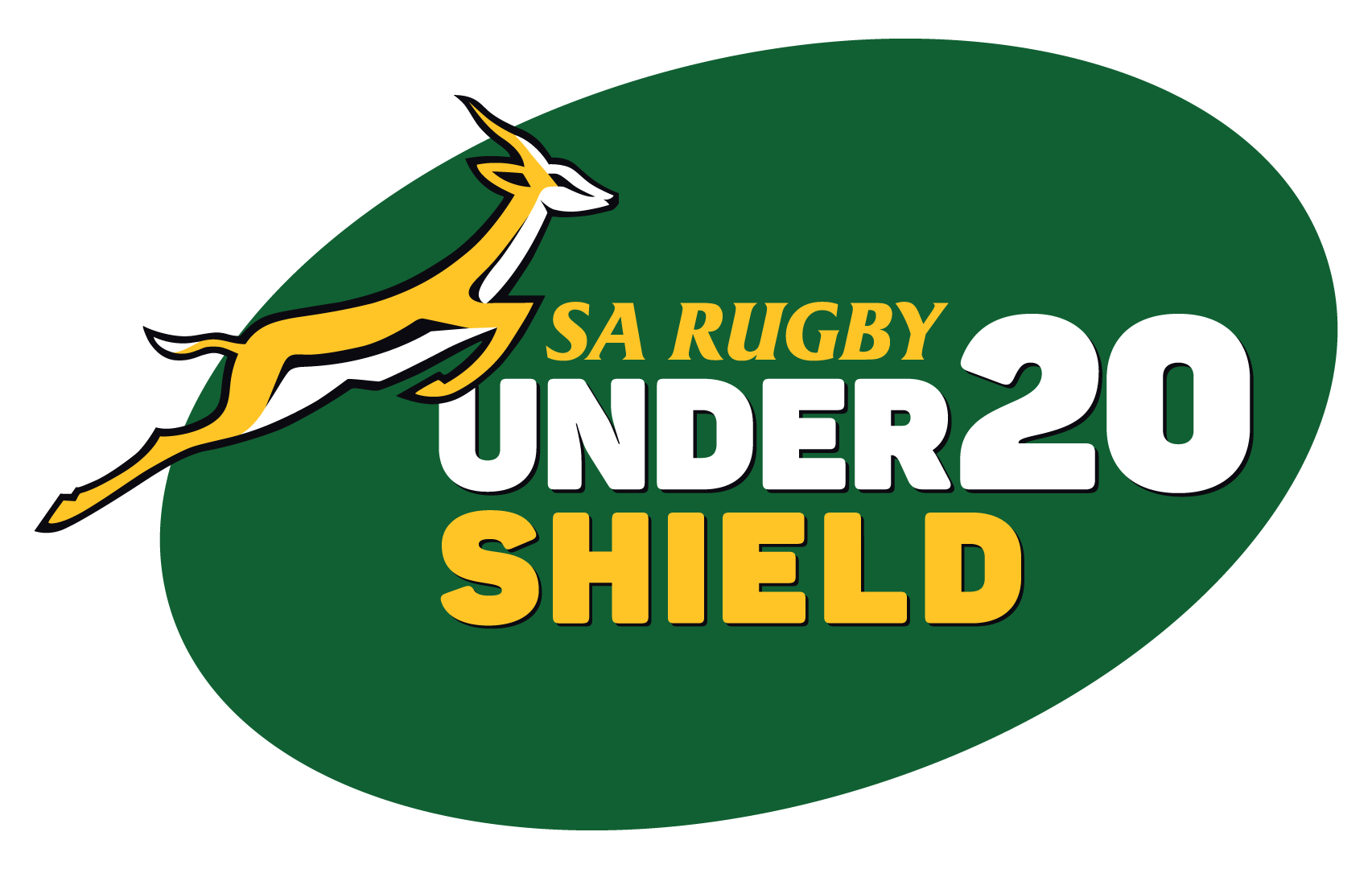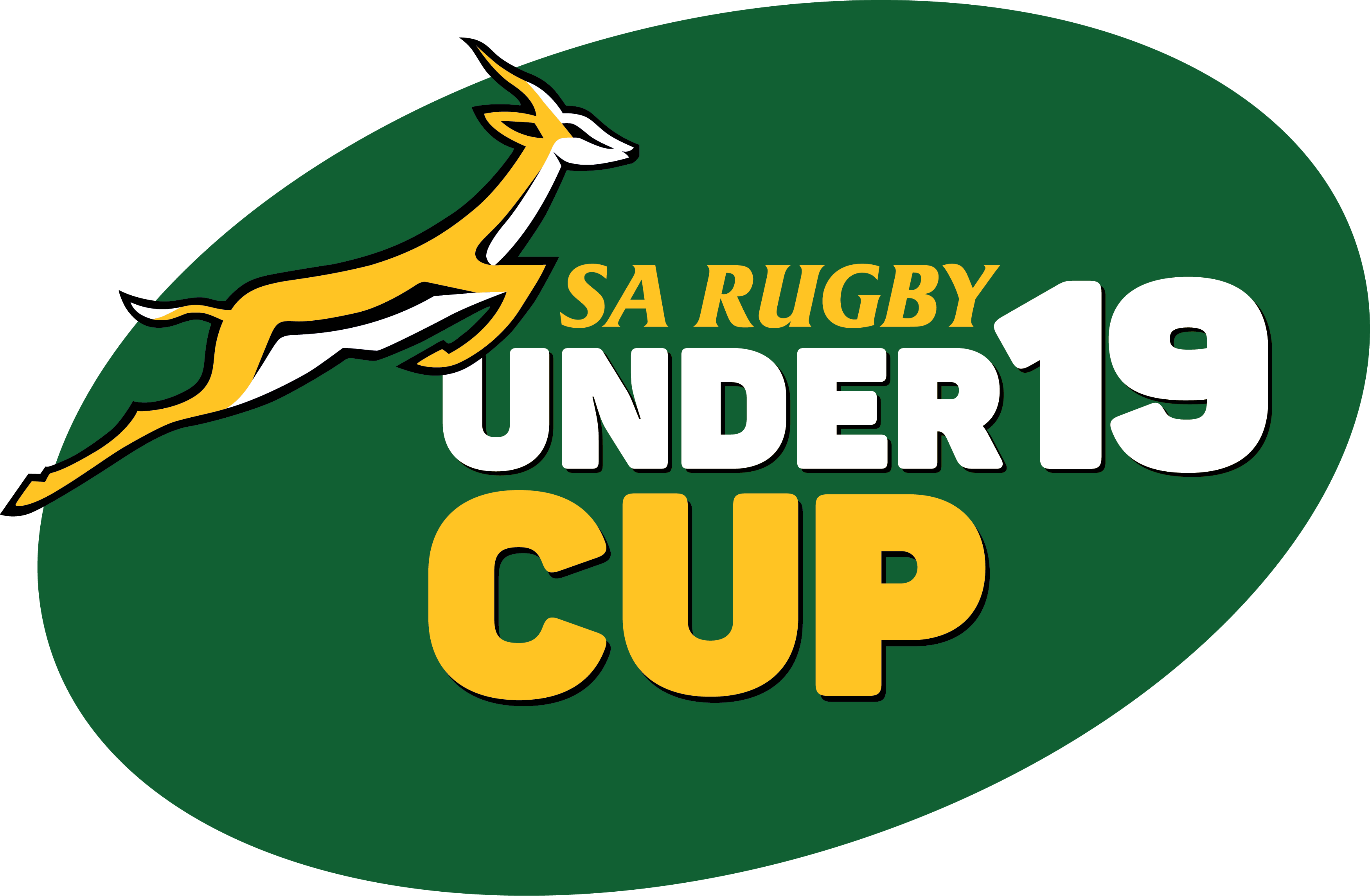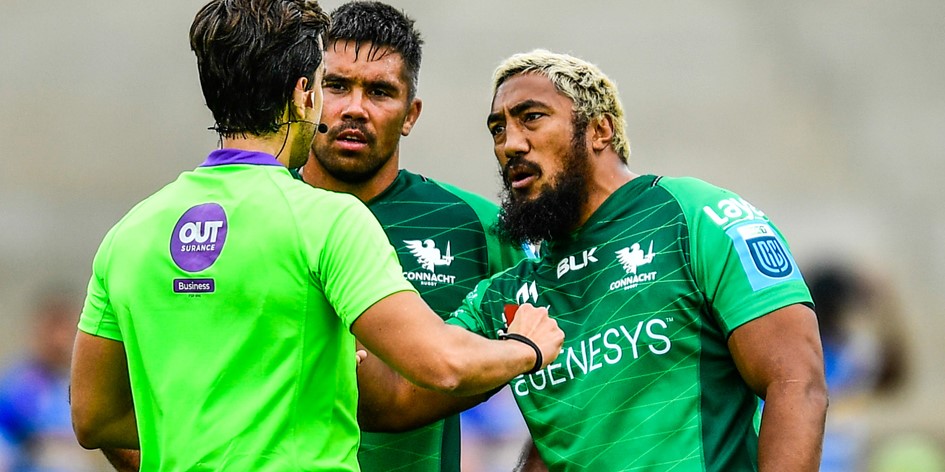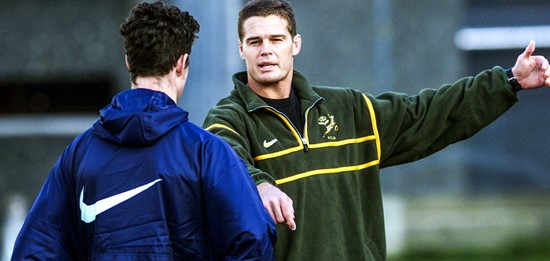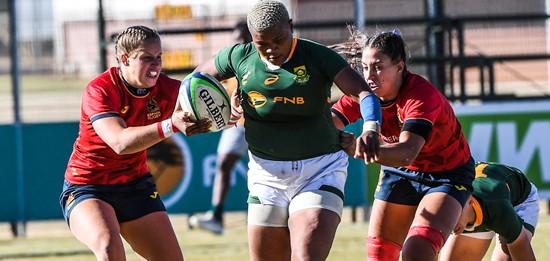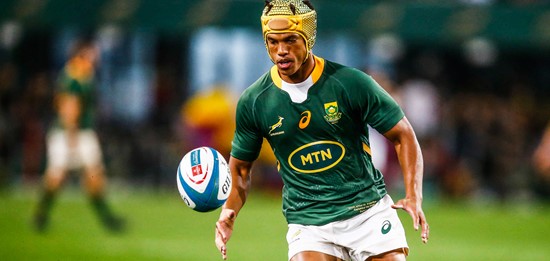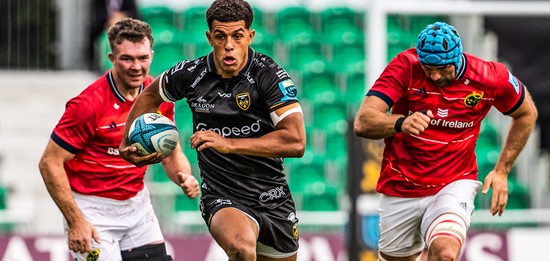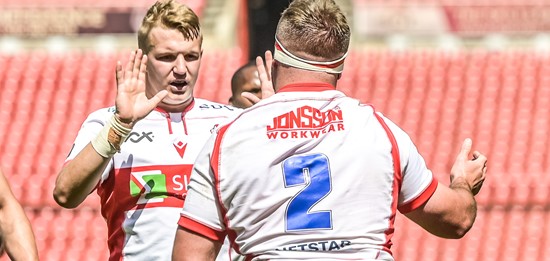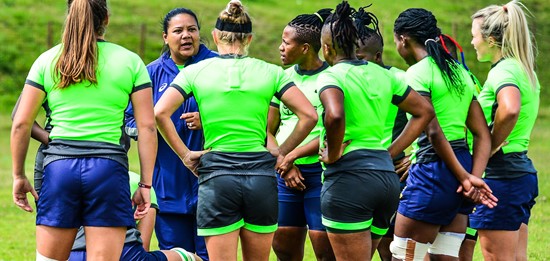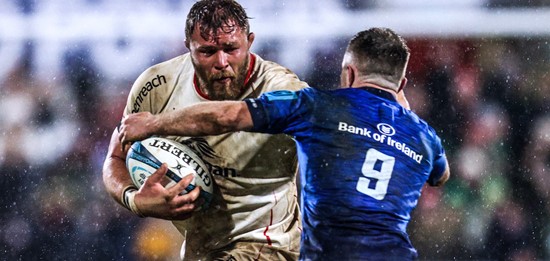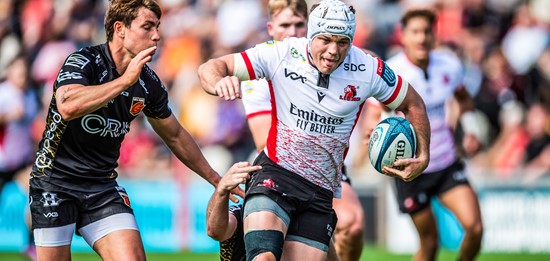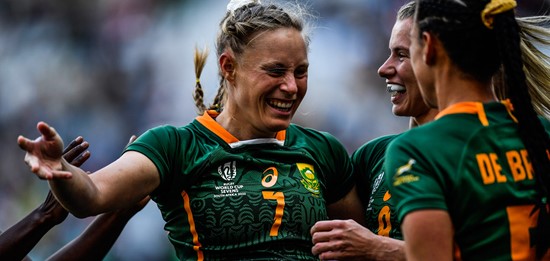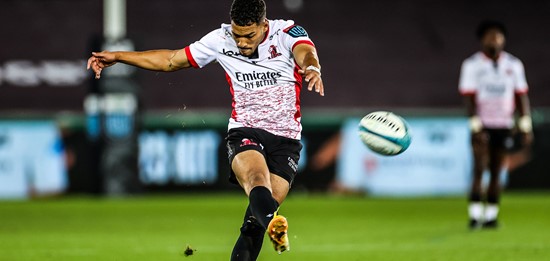Discussing match official matters with the media on a Vodacom URC round table, Henning was asked about the incident regarding Connacht and Ireland centre Bundee Aki on the weekend after the latter was issued a red-card for a dangerous clean out against the DHL Stormers.
Aki proceeded to argue with the referee in an incident that has been widely condemned by pundits across the tournament, and Henning praised Italian referee Gianluca Gnecchi for how he handled the incident, which could have become more emotional.
“Referees understand that players believe they are correct in their execution and what they want to do,” Henning said.
“Players understand that, if the referee deems something is a red-card offence, it has a huge impact on their team and they are emotional. In those situations, you don’t need referees to overact.
“If it exceeds the limit and starts becoming directed at the match officials, accusing them of incompetence or directly aiming at the ability of the referee and their decision-making we expect the referees to draw the line and say: ‘Bundee, we’ve had enough. I know you’re disappointed'.
“I thought Gianluca was very smart in how he said ‘I explained’ and asked the captain to deal with the player, just to diffuse the situation.
“If it gets worse than that then the referee will definitely act. I’m pretty sure that in the disciplinary process, I’ve seen many times how the disciplinary hearing makes mention of the player accepting the decision of the match official on the day.
“In this case, I’m pretty sure that the disciplinary hearing will probably give its attention to that, I don’t want to say what they should do but I’ve seen examples where it was addressed.
“It comes into consideration when the sanction is being reached.”
Henning added that such behaviour can certainly influence the sanction handed down by a disciplinary committee to a player.
“Players know that poor behaviour towards the match official when such a big decision is being made can lead to a different sanction in terms of weeks," he said.
“To sum up, we don’t want referees to overreact when they realise the player with adrenaline in the heat of the moment says something that two minutes later he’ll be sorry about. I’m pretty sure Bundee, when he was back in his seat, was saying ‘actually I am in trouble here’.
“At that moment, he would have defended with his life because he’s part of a team and realises he’s let his team down, he tries to defend it.
“If we sense it is becoming a problem and we’ll send out a message to the clubs first that match officials will not tolerate it and it’s a club problem. If it comes on to the field, we as match officials will deal with it in the harshest way.”
Henning also announced several changes to the way officials will handle the season, including:
- The Vodacom URC’s referee panel now stands at 20, with three development referees added to panel
- Vodacom URC Referees will continue to be appointed to the TMO role in order to upskill them and create greater consistency in decision-making processes
- Referee & TMO pairing in regular appointments to enhance teamwork and consistency in TMO process & decisions. Pairings may also swap roles, with one official refereeing on a Friday night and then doing TMO on Saturday
- Independent Selectors Panel of four retired International Referees to refresh performance review process and appoint & select Vodacom URC Elite Match Official Panel - they are Nigel Owens (Wales), George Clancy (Ireland), Stuart Berry (South Africa), and Neil Paterson (Scotland)
- Vodacom URC Match Official Set-Piece Coach (Stevie Scott) to improve the match officials' scrum, lineout and maul knowledge; and measure and increase accuracy of referee set piece work and decision making
- Vodacom URC Match Official Game Analyst is now full-time and will provide game footage to disciplinary processes, support Match Officials in game review & match preparation and collate match data relevant to Match Official performance and game tendencies developing in the competition







